Culture: Nazca, 200 BCE - 600 CE
Materials: Textile fibers (cotton and camelid wool)
Techniques: Weaving, polychrome embroidery
Dimensions: 134 cm x 45 cm
Excellent condition
Provenance:
Munoz Collection, 1950s-60s
Berjonneau Collection
M.M.C. Gallery, Paris
Comparable Works:
Cotton mantle with a similar weave: MET, inv. 1980.233.2; 1979.206.889
Bird iconography: see geoglyphs
Bowl with bird motifs, motif repetition: MET, inv. 1970.245.21; inv. 1979.206.385; inv. 1994.35.61; inv. 64.228.71; inv. 1970.246.3; inv. 63.112.2
British Museum: Am1954,05.779
This object is a remarkable example of the textile art of the Nazca civilization, which flourished on the southern coast of Peru between 200 BCE and 600 CE. Made from cotton fibers and camelid wool (llama or alpaca), it features a rich embroidered iconography dominated by stylized bird motifs.
The depicted birds, often identified as hummingbirds, condors, or frigatebirds, are shown in dynamic postures with outstretched wings and are sometimes associated with mythological elements. The vibrant color palette, including red and ochre, showcases the Nazca artisans' mastery of natural dyes. These colors are also found in Nazca ceramic productions.
In Nazca culture, textiles were highly valued and played an essential role in funerary rites. Bird motifs are often interpreted as symbols of transcendence and passage to the afterlife, linked to shamanic beliefs and fertility.
These embroidered textiles have been primarily found in the Cahuachi region, a major ceremonial center of the Nazca culture. Due to the arid desert conditions, many textiles have been exceptionally well preserved.


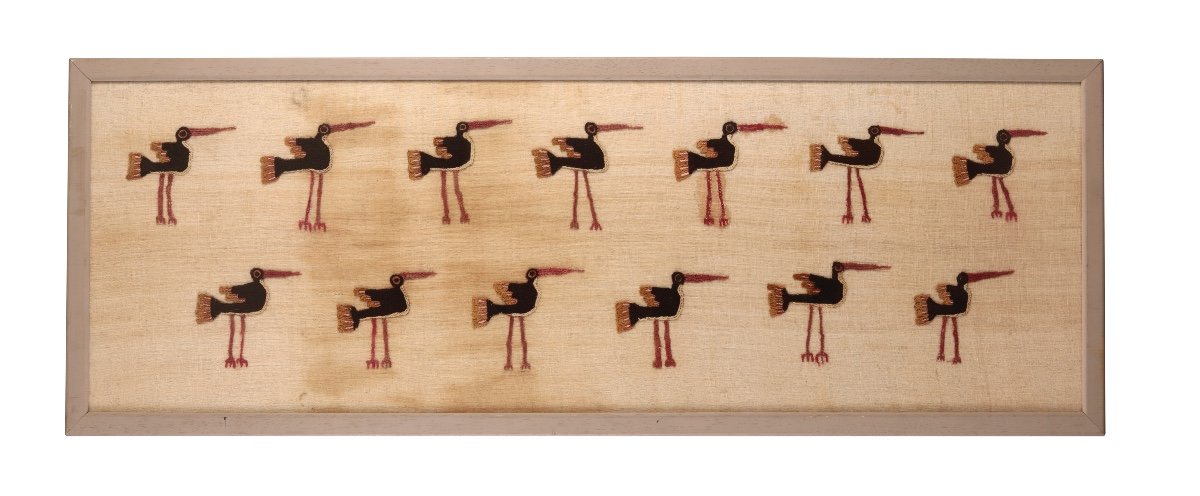









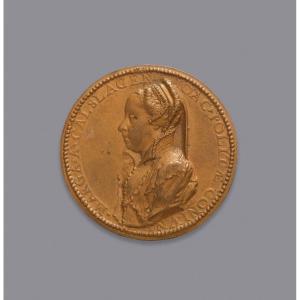



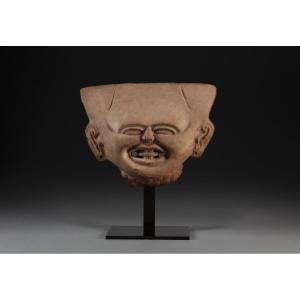
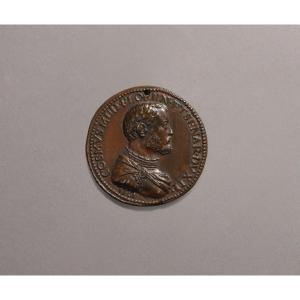

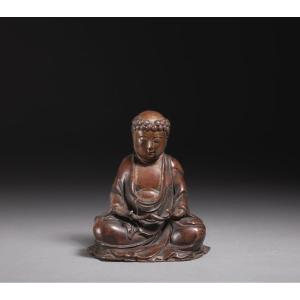











 Le Magazine de PROANTIC
Le Magazine de PROANTIC TRÉSORS Magazine
TRÉSORS Magazine Rivista Artiquariato
Rivista Artiquariato